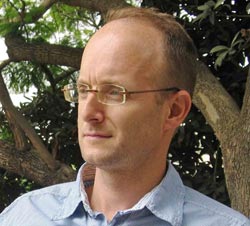Israel’s war on the Arabic language
Israel's one in five citizens whose mother tongue is Arabic are increasingly fearful of using it in public as hostility has mounted towards the language from both officials and the Jewish public, human rights groups have warned. The alert comes as lawyers have threatened the municipality of Tel Aviv, Israel's largest city, with a contempt of court action for failing to include Arabic on most of the city's public signs - 14 years after the Israeli supreme court ordered it to do so.

